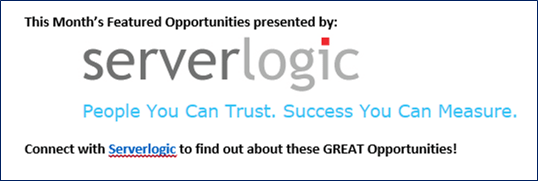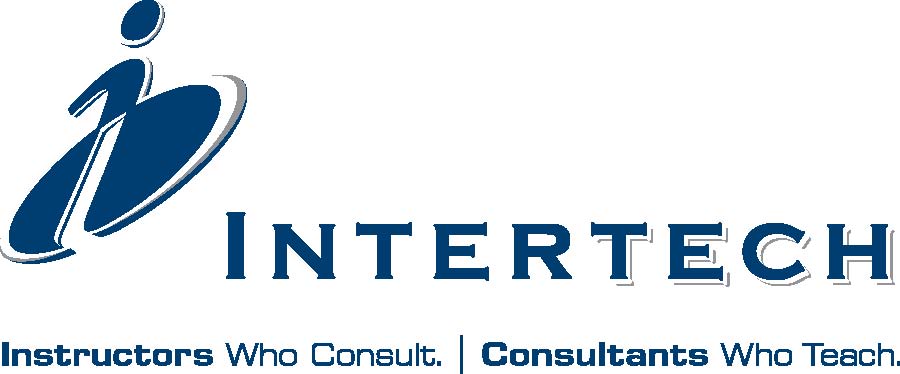6:00PM – 6:30PM social | 6:30PM – 8:30PM meeting
Download the Presentation Slides here.
Brandon Leach
Desired State Configurations in Powershell
Whether you are building out a slew of new servers or just trying to enforce standard configurations of your SQL Server instances it can be a daunting task. Additionally documenting your servers is often an afterthought to most DBAs. What if I told you that there was a pretty easy way to do all of this and have consistent, documented, and self correcting builds every time?
Using Desired State Configuration (DSC) in powershell opens up a whole new way of thinking about infrastructure, specifically infrastructure as code. We’ll first talk about what “infrastructure as code” means. We’ll then look at the basics and fundamentals of DSC and see how we can use Configurations in combination with source control to not only enforce our standard configurations, in SQL Server, but also spring up new instances on the fly. We’ll also build a simple demo showing how to tie all this together.
At the end of this session You’ll have a firm grasp of what is possible with DSC and walk away with the demo scripts to help you get started in your own environment. In addition you will have a new appreciation for your developers and the importance of source control.
 Brandon is a Senior DBA working for SurveyMonkey. He is deeply passionate about building highly scaleable and well documented solutions.
Brandon is a Senior DBA working for SurveyMonkey. He is deeply passionate about building highly scaleable and well documented solutions.
Paul Turley
SQL, M or DAX?
We live in a world of choices and we have many tools at our disposal. In Microsoft Business Intelligence solutions using tools like Power BI and SQL Server Analysis Services, you have at least three different ways to perform data collection, transformations and calculations. A question I get all the time is: “Which database or BI tool should be used to perform routine tasks? Is it best to shape and transform data at the source, in Power Query using M script, or in the data model using DAX?” In this session Paul Turley will demonstrate options for creating utility and dimension tables, columns and calculations using each option and discuss the advantages, disadvantages and recommended practice for each.
 Paul ( Blog | LinkedIn | Twitter ) is Principal Consultant for Intelligent Business LLC, a Mentor and Microsoft Data Platform MVP. He will present a session at the 2018 PASS Summit titled “Visualize World Peace Through the Art and Science of Presenting Beautiful Data”. He consults, writes, speaks, teaches & blogs about business intelligence and reporting solutions. He works with companies around the world to model data, visualize and deliver critical information to make informed business decisions; using the Microsoft data platform and business analytics tools. He is a Director of the Oregon SQL PASS chapter & user group, author of Professional SQL Server 2016 Reporting Services and co-author of 14 other titles from Wrox & Microsoft Press. He holds several certifications including MCSE for the Data Platform, Analytics and BI.
Paul ( Blog | LinkedIn | Twitter ) is Principal Consultant for Intelligent Business LLC, a Mentor and Microsoft Data Platform MVP. He will present a session at the 2018 PASS Summit titled “Visualize World Peace Through the Art and Science of Presenting Beautiful Data”. He consults, writes, speaks, teaches & blogs about business intelligence and reporting solutions. He works with companies around the world to model data, visualize and deliver critical information to make informed business decisions; using the Microsoft data platform and business analytics tools. He is a Director of the Oregon SQL PASS chapter & user group, author of Professional SQL Server 2016 Reporting Services and co-author of 14 other titles from Wrox & Microsoft Press. He holds several certifications including MCSE for the Data Platform, Analytics and BI.
Refreshments graciously provided by ServerLogic.
We wish to acknowledge the OSHU Information Technology Group for supporting Oregon SQL by generously providing the meeting venue.

 Don’t miss this meeting!
Don’t miss this meeting!


